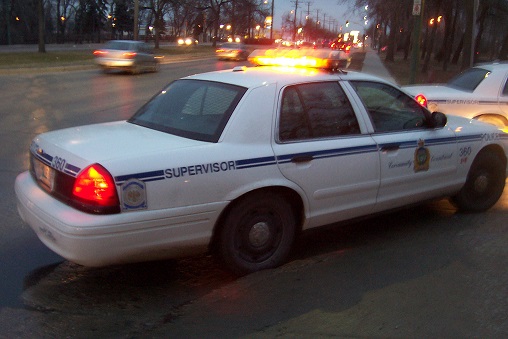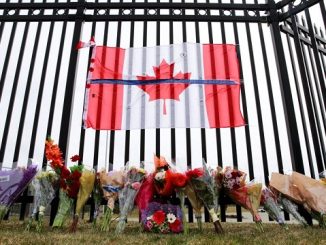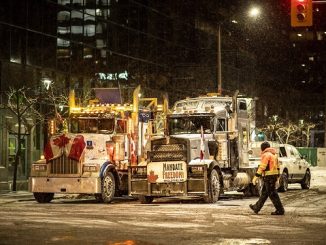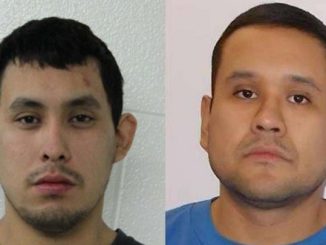
A man accused of kidnapping a woman from southern Ontario, holding her captive for months in Winnipeg and exploiting her in the sex trade, is further proof Canada needs a human trafficking hotline, a national advocacy group says.
Barbara Gosse, CEO of the Canadian Centre to End Human Trafficking, called the charges against 29-year-old Andres Michael Pavao “absolutely horrific.”
Winnipeg police allege Pavao kidnapped his victim May 12 and forced her into the sex trade as an escort until she escaped during a meeting with a client on Aug. 6.
Pavao is charged with 12 offences, including electrocuting the woman with a cattle prod, confining her, threatening her, choking or suffocating her, advertising her for sex and financially profiting from that work. Police said on Thursday, Pavao locked the victim in a freezer when he was away — leaving her uncertain whether she would be left to die inside.
None of the charges have been proven in court.
Winnipeg police say the victim was under 30 years old and over 18.
“The trauma that this victim of human trafficking has suffered was dramatic and will probably affect her for the rest of her life. She must be an incredibly strong and brave woman,” said Gosse.
The Canadian Centre to End Human Trafficking is working to develop a hotline and hopes the service will launch in Canada in 2018. The hotline would help victims, from across the country, escape their captors.
“If you basically have a highway and you have the internet, chances are you have human trafficking,” Gosse said.
“Individuals who live in these communities need to be vigilant about this and need to reach out to law enforcement if they suspect there are incidents of human trafficking happening.”
‘Canada’s secret shame’
Joy Smith, founder of the Joy Smith Foundation and former member of parliament, works to support survivors of sexual exploitation. She said human trafficking cases like the allegations against Pavao are common.
She calls it “Canada’s secret shame” and the “modern day slave trade.”
“We don’t hear all the horrific stories because a lot of the girls are afraid to speak out,” said Smith. “They are absolutely controlled by people who buy and sell them every day.”
Const. Rob Carver with Winnipeg police denies human trafficking is a problem in Winnipeg or Canada.
“We thankfully don’t see a lot of human trafficking cases here. We do have a full time counter-exploitation unit that looks at those and they look at anyone who may be exploited sexually, but actually human trafficking is just not that common,” he said Friday.
We don’t know exactly what the extent of this crime is.
– Barbara Gosse, Canadian Centre to End Human Trafficking
Smith said often perpetrators of human trafficking present themselves as friends at first, even boyfriends. They may offer gifts to their unsuspecting target. Slowly, however, the perpetrator separates the victim from their social network and forces them into sex work.
“I’m really glad this has been made public so parents and teachers and children can protect themselves against these predators,” said Smith.
There is little concrete data on the extent people are trafficked in Canada, Gosse said. In the vast majority of reported cases, the victims are born in Canada, she said.
Between 2009 and 2016, there were than 1,200 cases of human trafficking but Gosse said the actual number is likely much higher.
“We don’t know exactly what the extent of this crime is.”
A hotline would help create a mechanism to collect better data, said Gosse. Other countries, including Mexico, the United States and the United Kingdom have human trafficking hotlines.
The RCMP has phone lines that accept reports of human trafficking for each province and in Winnipeg, human trafficking can be reported by calling Klinic Community Health‘s toll-free line at 1-844-333-2211.
Source: cbc.ca






Be the first to comment